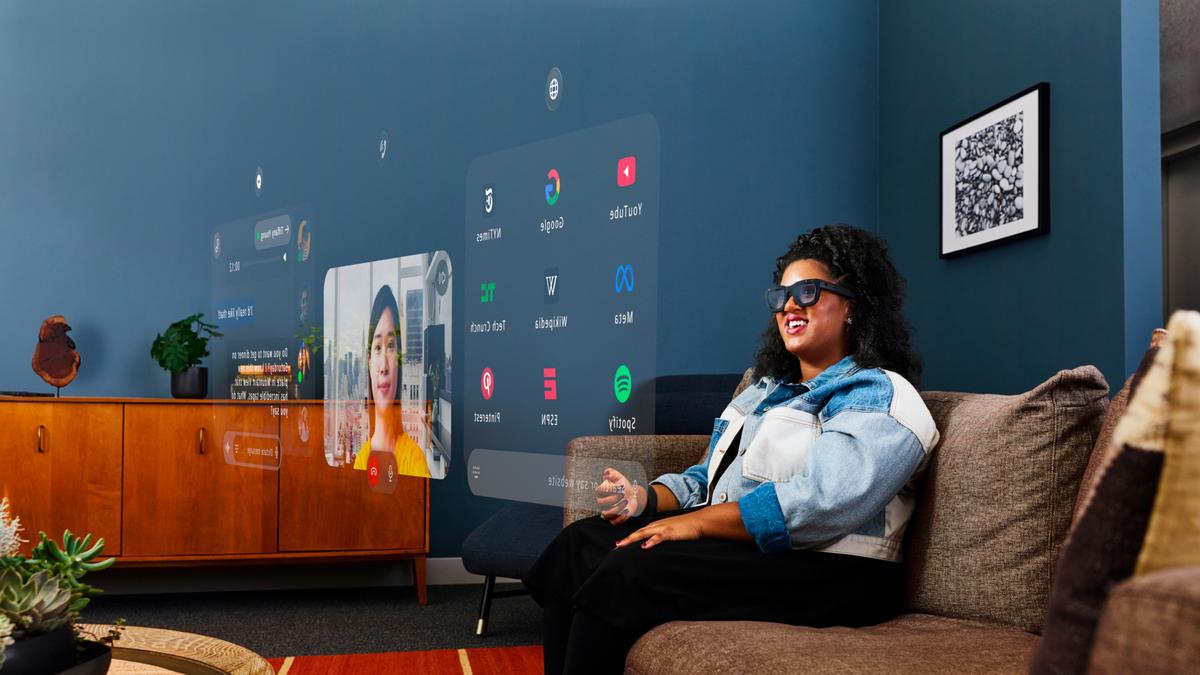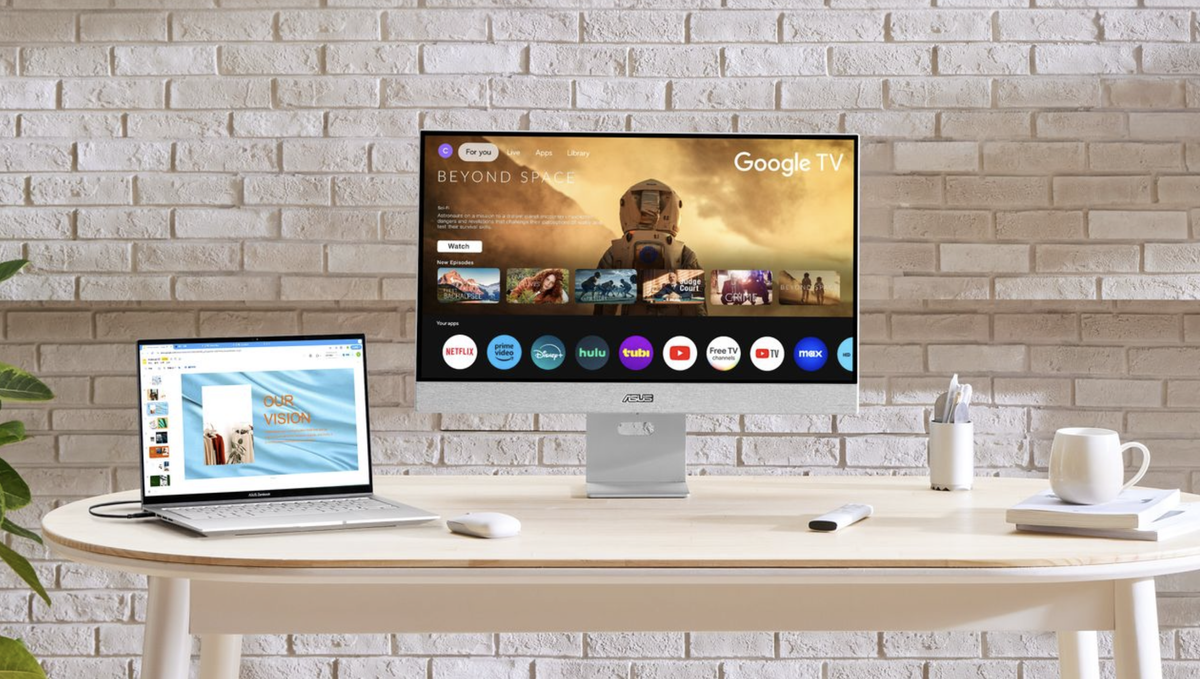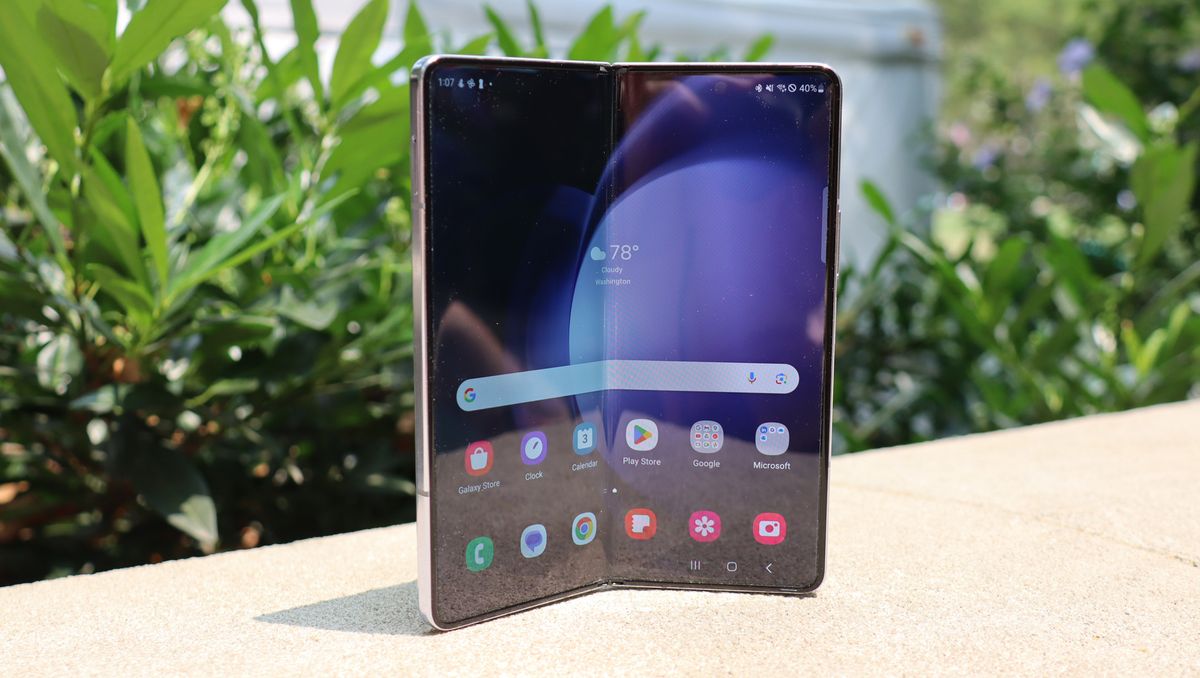Meta Connect 2024 was packed with announcements: the Meta Quest 3S was unveiled, Ray-Ban smart glasses got new features, and Meta AI is getting updates too (including one that will dub Instagram Reels recorded in other languages). But the most eye-catching reveal was Orion, Meta’s first fully-functional holographic AR glasses prototype—and while Mark Zuckerberg was careful not to promise when we might see a consumer pair, Meta’s CTO was more than happy to share a few details.
Andrew Bosworth – @boztank on Instagram – often hosts Q&A sessions where he answers all sorts of questions about Meta’s technology. After Connect, many questions focused on Orion, with one user asking: “How long until we can get our own AR headset and at what price?”
While he didn’t give an overly specific answer, Bosworth did say, “It’ll be a couple of years, but not decades,” suggesting we could see a consumer version of Orion relatively soon. My bet is we’ll see them sometime around 2027, partly because that fits with the timeline Bosworth suggested and partly because it matches the timeline laid out by a report from The Verge from early 2023 that leaked details of Meta’s internal roadmap, which pegged 2027 as the year the AR glasses would hit store shelves.
Of course, a lot could change in the next few years, but we hope to be able to use Orion sooner than some expected. The other big question, however, is whether we'll be able to afford it.
More expensive than initially expected
On that note, Bosworth added that the price might not be as affordable as we initially hoped. Meta has said (and Zuckerberg mentioned this at the presentation) that one of the goals it needs to hit before launching Orion for consumers is to make the glasses more affordable. We understand that to mean it's aiming for a price of around $299/£299/AU$449, the price of Ray-Ban smart glasses.
However, in his post, Bosworth said that they “probably won't be available for anywhere near the Quest 3S, or even the Quest 3,” which immediately puts them above the $499.99/£469.99/AU$1,049.99 price point.
Instead, the Meta seems to be aiming for affordability in terms of phones and laptops, which for me would be around the $700 mark (around £700 / AU$1,350). Admittedly, this makes a lot of sense – $299 / £299 / AU$449 would be a surprisingly low price for a smart spec that’s being touted as a future smartphone replacement.
That said, regardless of price, it could take a little longer than a couple of years for the Orion to start devouring the best smartphones. In another segment of the Q&A, Bosworth revealed that the Orion only has a battery life of two to three hours, roughly the same as Ray-Ban's Meta smart glasses. That's certainly not bad for an augmented reality device, but it's a far cry from the full day we've come to expect from our smartphones.
Hopefully the battery upgrade won't take decades to arrive.
You may also like









